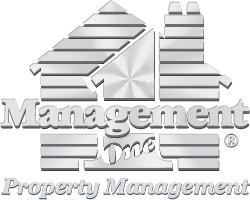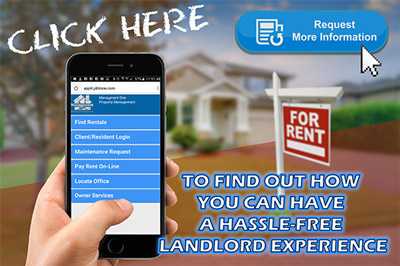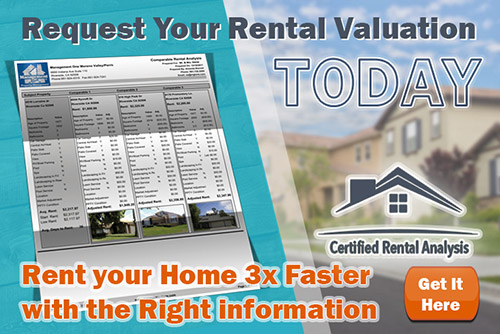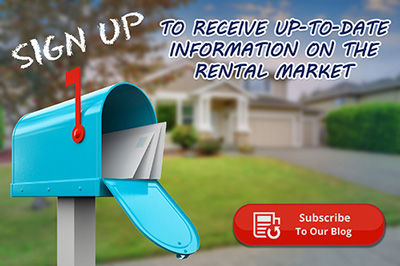
Use a 1031 Exchange with IRS: What You Don’t Know Could Cost You Thousands
Are you thinking of selling your investment property? With rising home values across the Inland Empire, many landlords and investors are considering cashing out. But before you list your property, it’s critical to understand how taxes—particularly capital gains taxes—could impact your decision greatly.
According to the Inland Empire Board of Real Estate, the average home price in Riverside County for 2024 reached $611,000. Let’s say you purchased that investment property several years ago and are now looking at a $300,000 gain on the sale. What happens if you don’t reinvest through a 1031 Exchange? You could be hit with a 33.3% tax bill—that’s $99,900 in taxes owed. That’s a down payment on another property gone—just like that.
Let’s break down where that 33.3% goes and how you can keep it working for you.
What Are Capital Gains?
Capital gains are the profits you make when you sell an investment for more than you paid for it. In real estate, this typically means the difference between your purchase price (plus certain improvements and selling costs) and your sale price.
There are two types of capital gains:
- Short-term capital gains (for assets held under one year): taxed as regular income.
- Long-term capital gains (for assets held over one year): taxed at preferential rates—but still significant.
Capital Gains Tax Breakdown in California
If you sell an investment property in California without a 1031 Exchange, here’s how the tax liability can break down:
- Federal Capital Gains Tax: Up to 20%
- Net Investment Income Tax (NIIT): An additional 3.8%for high earners
- California State Tax: Up to 13.3%
- Total potential tax rate: ~33.3%
So, on a $300,000 gain, you’re looking at $99,900+ in taxes. That’s money that could have been reinvested to grow your wealth—not shrink it.
Enter the 1031 Exchange World
A 1031 Exchange (named after IRS Code Section 1031) allows you to defer capital gains taxes by reinvesting proceeds from the sale of one investment property into another "like-kind" property.
This strategy doesn’t eliminate your tax liability—it simply defers it, potentially indefinitely, especially if you continue exchanging or pass the property down to heirs with a stepped-up cost basis (more on that below).
Types of 1031 Exchanges
Here are the four main types of exchanges investors typically use:
1. Simultaneous Exchange
Both the sale of your current property and the purchase of your new property close on the same day. This was common before the 1980s but is now less frequent due to logistics.
2. Delayed Exchange (Most Common)
You sell your property and have 45 days to identify a new property, and 180 days to complete the purchase. This is the most flexible and widely used option.
3. Reverse Exchange
You buy first and sell later—ideal when you find a great deal but haven’t sold your current property yet. Same 45/180-day timelines apply.
4. Improvement/Construction Exchange
You can use your proceeds to improve a replacement property before the exchange is finalized, which may help meet value requirements or investment goals.
Your 1031 Exchange Support Team
Successful exchanges rely on a professional team to ensure IRS compliance and peace of mind:
- CPA – for tax planning and capital gains estimates
- Qualified Intermediary (QI) – holds sale proceeds and facilitates the exchange, very important so as not to trigger gain.
- Real Estate Broker – locates suitable replacement properties
- Real Estate Attorney – reviews legal documents and helps avoid IRS red flags
- Financial Advisor – ensures the exchange aligns with your long-term goals
Key Rules to Know
- Replacement property must be of equal or greater value
- Must identify new property within 45 days
- Must close on new property within 180 days of selling your original property
Frequently Asked Questions
Q: Can I live in my 1031 property?
A: Yes, eventually. If you convert the property into a primary residence, you must hold it for at least 5 years before selling to avoid full taxation.
Q: How much does an exchange cost?
A: Typically around $1,000, paid to the QI. Your funds are held in escrow until the exchange is complete.
Q: Can I exchange with a family member?
A: It’s possible but risky. The IRS has strict rules to prevent abuse. Consult a professional before proceeding.
Q: Can I sell one property and buy multiple?
A: Yes. You can identify and buy up to three replacement properties—or more under certain IRS rules—as long as value requirements are met.
Q: Can I go from a single-family home to a 4-plex?
A: Absolutely. As long as both are income-producing properties, it's a like-kind exchange. A property you live in is not like kind.
Real-Life Example
An investor sold a commercial building for $2.5 million and reinvested in another commercial building and two residential income properties. By executing a 1031 Exchange, the investor legally avoided $500,000 in capital gains taxes, preserving that money for further investments and wealth growth.
Preserve Generational Wealth
One of the most powerful long-term benefits of the 1031 Exchange is generational wealth building. When you pass down your properties to heirs, they receive a stepped-up basis—meaning the property is valued at the market rate at the time of your passing. This can eliminate capital gains tax for your heirs altogether if they sell shortly after inheriting the property.
Instead of paying nearly $100,000 in taxes today, you could:
- Buy another rental property
- Create cash flow for retirement
- Help your children or grandchildren start their real estate journey
- Transfer wealth with fewer tax consequences
Need Help Navigating a 1031 Exchange?
Our team has helped countless investors structure smart exchanges, avoid costly mistakes, and preserve wealth for future generations. We’ll walk you through every step—from sale to reinvestment—with clarity, compliance, and confidence.
Contact us today for a no-obligation consultation. Krissia Pena and Tyler Sudman with our Real Estate Firms. 951-735-2000.












